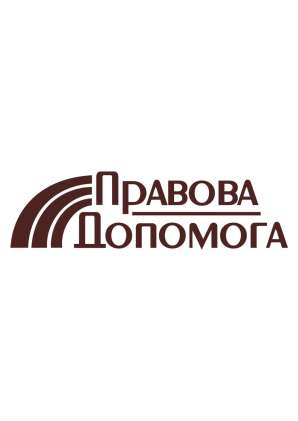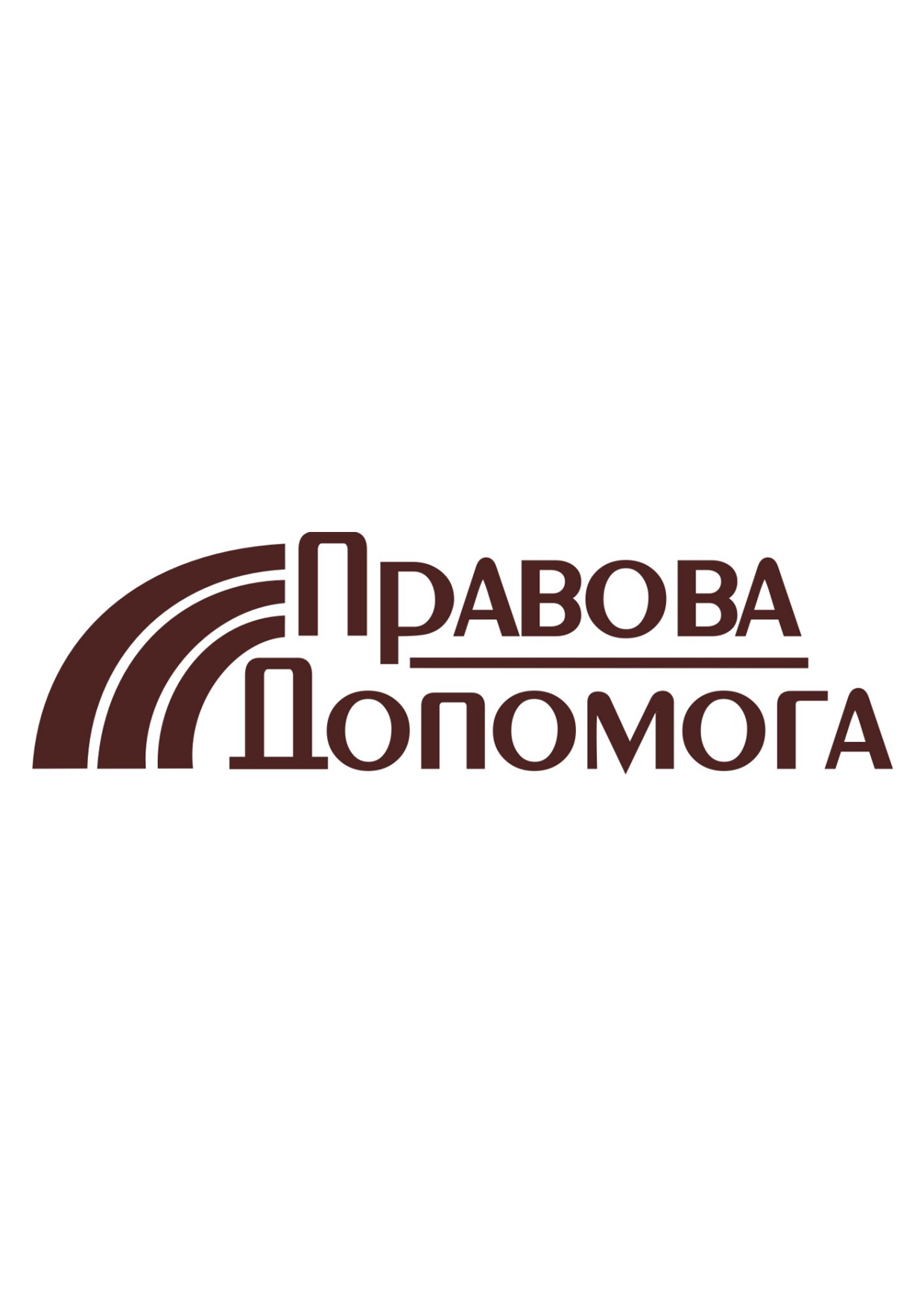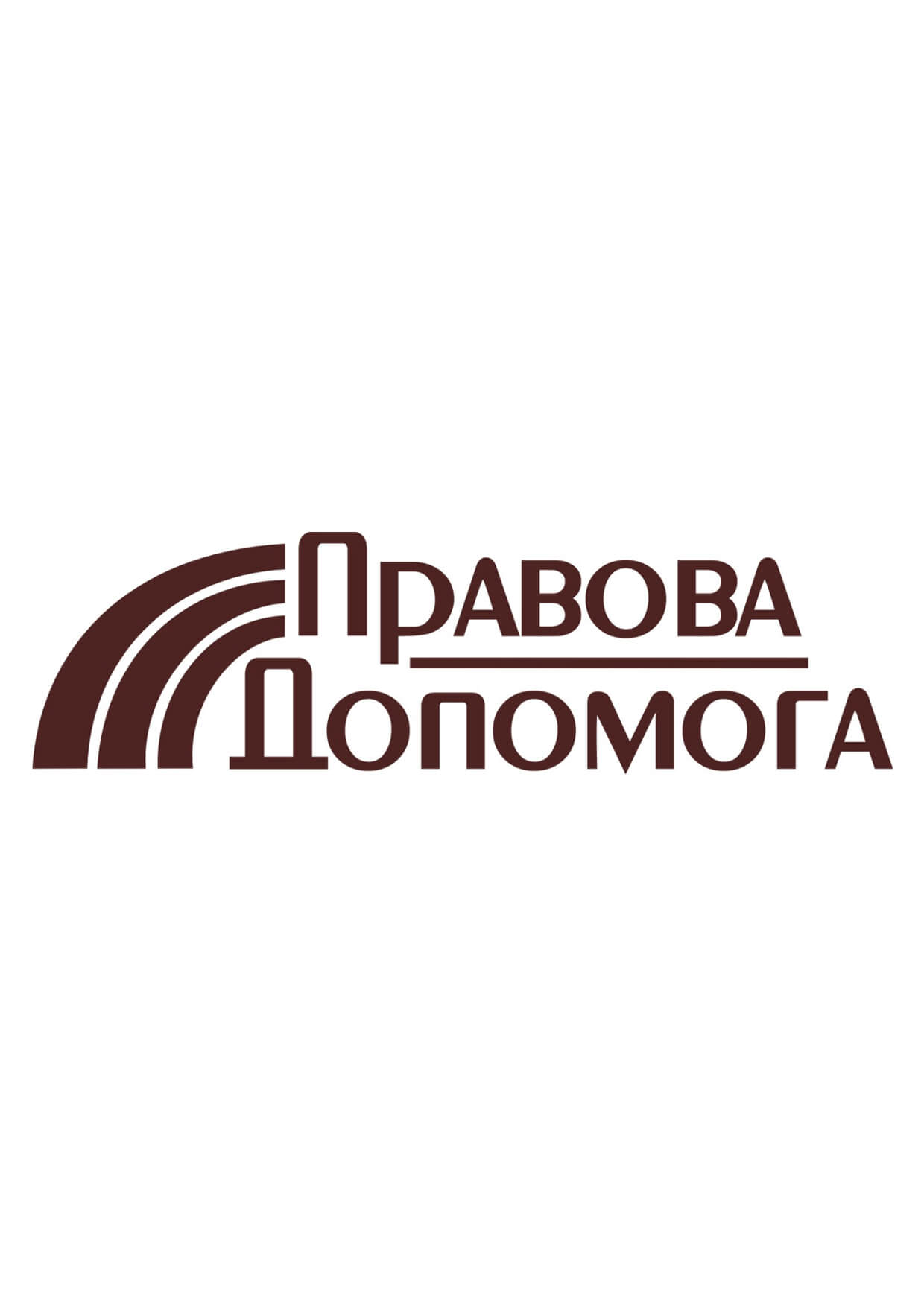To issue an inheritance for a company and real estate in Ukraine for a foreigner
Cost of services:
Reviews of our Clients
... our work on joint projects assured us of your high level of professionalism
In this article, we will explore the process of inheriting assets in Ukraine when the heir is a foreigner, along with the taxation of their income based on a recent case from our practice.
Our client approached us after a deceased relative left them an inheritance – a company registered in Kyiv. The company's balance sheet included 2 apartments, designated as part of our client's inheritance.
The client was keen to understand the procedure for inheriting corporate rights in the Ukrainian company and the subsequent actions involving the acquired real estate.
How to Inherit as a Non-Resident in Ukraine
To accept an inheritance as a non-resident in Ukraine, the heir must submit the appropriate application. If the application is signed abroad, it must be notarized and legalized (either through consular legalization or by obtaining an apostille). If the inheritance case has already been initiated, the application is filed with the notary who opened and is handling the inheritance case. If the case has not yet been initiated, the heir can choose a notary.
If a foreign national is unable to come to Ukraine in person, their interests can be represented by a lawyer or an authorized representative.
The standard timeframe for accepting an inheritance is 6 (six) months. In certain exceptional cases, this timeframe may be extended, but such instances are more the exception than the rule. In most cases, failing to meet the inheritance deadline may require legal proceedings to reinstate it.
You may also like: Inheritance Tax in Ukraine
Taxation of Non-Residents' Income in Ukraine
Non-residents in Ukraine are subject to an 18% tax on the received inheritance (Article 174.2.3 of the Ukrainian Tax Code). Additionally, a separate 1.5% military fee is required. It's worth noting that inherited assets (real estate, corporate rights in an LLC) must undergo an independent appraisal for tax assessment.
The degree of kinship between the deceased and the non-resident heirs does not impact the taxation process. There are no exemptions based on the degree of relationship, as is the case for Ukrainian citizens. In this context, exemptions are not granted, even in cases of close family relationships such as parents/children or spouses.
The degree of kinship between the non-resident and the deceased is primarily relevant in determining the non-resident's legal right to inherit, particularly when no will exists.
It's important to emphasize that the tax is calculated based on the portion of the inheritance that the non-resident is entitled to receive. For instance, if a property is appraised at 0,000, and the non-resident is inheriting a 30% share, the 18% tax and 1.5% military fee will be levied on the ,000 portion, resulting in a tax liability of ,850.
What is Property Appraisal and Why Is It Necessary?
When a non-resident inherits property in Ukraine, a crucial step in the process is the professional appraisal of all inherited assets. Certified Ukrainian appraisers conduct this assessment to ensure an equitable and accurate calculation of the non-resident's tax liability. In essence, the purpose of the appraisal is to establish the tax base upon which the notary will calculate the tax obligation. It's essential to bear in mind that the transfer of property rights can only occur after all tax obligations have been duly met.
You may also like: What to Do When Inheriting Debts?
Who Monitors Tax Payments in Ukraine?
In Ukraine, the notary overseeing the inheritance process also functions as a tax agent with the responsibility of monitoring tax payments. Tax payments need to be supported by the requisite payment certificates.
Although there are no stringent time limits on the inheritance procedure, the transfer of property ownership can only take place after the taxes have been settled. Therefore, it's important to consider this aspect when a non-resident inherits property in Ukraine.
Inheriting Corporate Rights in Ukraine: A Real-Life Scenario
As previously discussed, we had a client with a unique case involving the passing of her husband in Ukraine while she, an Italian citizen, was residing in Switzerland. The couple had a business in Ukraine and owned several real estate properties. After her husband's death, the inheritance included two apartments in central Kyiv (with a total value of up to 0,000) and a share in a Ukrainian Limited Liability Company (LLC). Notably, the apartments were owned by the company, not by an individual. Besides the widow, their joint children (who were also foreigners) were the other heirs.
The client had concerns about whether the inheritance tax (18% + 1.5%) could be calculated based on the nominal value of corporate rights (e.g., UAH 100 – the statutory capital of the company) rather than the actual market value.
Upon analyzing the initial information and the legal framework, we determined that in this situation, the assessment of corporate rights was obligatory. The tax needed to be calculated based on the market value of the corporate rights, as these rights were primarily formed using real estate assets. This requirement is explicitly stipulated by the current legislation of Ukraine.
To evaluate corporate rights, several steps are necessary:
- Analyzing the financial condition of the company: assets, liabilities, and other relevant factors.
- Evaluating the real estate, including depreciation, the year of construction, the condition of the apartments, their potential for rental, and other pertinent criteria.
In determining the tax residency of the heir, notaries rely on the nationality stated in the passport rather than the more commonly used criteria for establishing tax residency, such as the number of days spent in a particular country during the year, the center of vital and economic interests, and others. Therefore, if the Italian widow resided with her husband in Ukraine for an extended period and held a residence permit in Ukraine, it is highly likely that her inheritance tax would be calculated like that of a tax resident.
What has changed with the inheritance procedure during wartime?
At the beginning of the imposition of martial law, there were specific features related to inheritance. However, as of today, the pre-war procedure and timelines have been restored. Any notary can now open an inheritance case, regardless of the place where the inheritance was opened.
In practice, a common challenge for initiating an inheritance case is obtaining a death certificate, especially in cases of individuals who perished on the frontlines or in areas temporarily outside government control.
Such cases should be handled on an individual basis, considering various nuances. However, our experienced legal team can assist with complex inheritance issues in these situations.
Our services:
- Handling inheritance cases with international elements (involving inherited assets located abroad, non-resident heirs, or non-resident testators).
- Advocating for non-residents' interests before governmental bodies in Ukraine and abroad concerning inheritance matters (including courts, notaries, and banks).
- Drafting all necessary procedural documents for inheritance cases.
- Calculating taxes (both in Ukraine and abroad).
- Coordinating the acquisition of expert assessments and other required documents for inheritance proceedings.
- Acquiring inheritance certificates.
- Assisting with the transfer of property rights to the heir's name
Our clients







